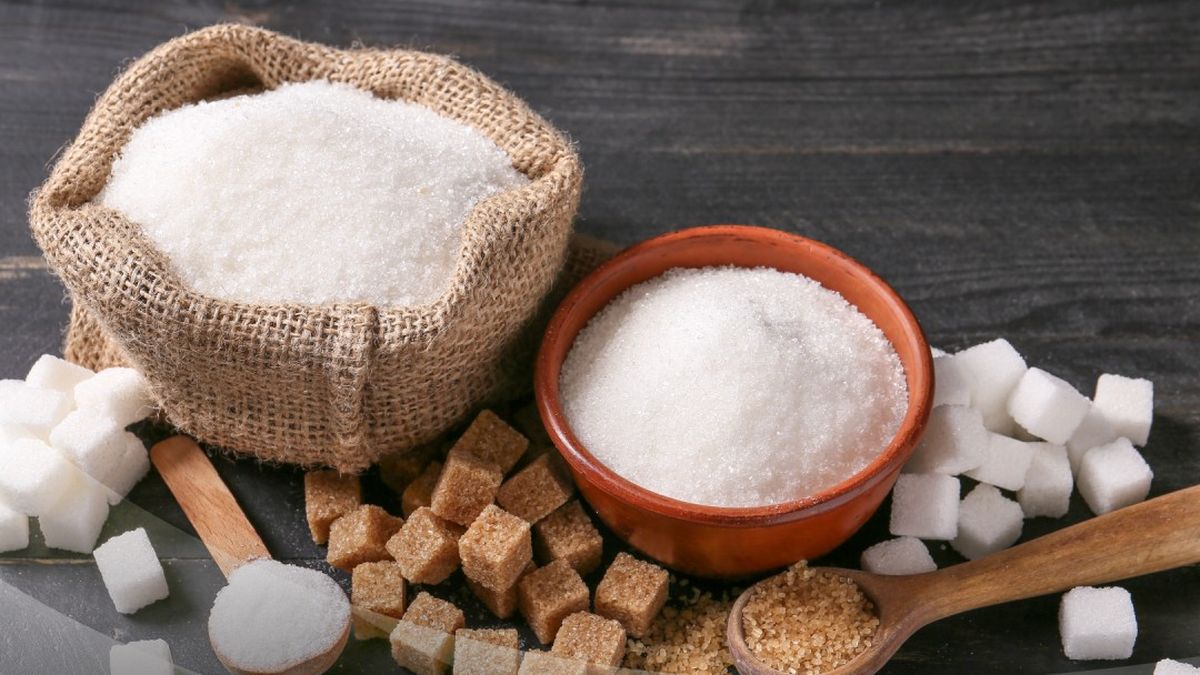A recent joint study between three countries again opened the debate on an artificial sweetener and its impact on health. It is about aspartamorelated to heart disease due to an impact on arteries.
A scientific study of Karolinska Institute in Sweden in collaboration with experts from China and USArevealed a possible mechanism that links the consumption of this sweetener with the Atherosclerosis. It is a condition that hardens and narrows the arteries, increasing the risk of cardiovascular diseases.
During the study, mice fed with a Diet rich in fat and cholesterol (HFCD) that contained a 0.15% aspartam or 15% of normal sugar (sucrose).
The researchers administered aspartamo to mice for 12 weeks, in quantities comparable to those that a human would consume by drinking three cans of light soda per day. The results showed that these animals presented high insulin levels, inflammation in blood vessels and accumulation of fatty plaques in the arteries.
“We demonstrate that aspartamo consumption stimulates insulin release and contributes to atherosclerosis in mice, And what molecules are involved. It is just an animal study, but we believe that the results can also be relevant to humans because we see that aspartamo It affects insulin release Also in the monkeys, ”explained the doctor Yihai Cao, Professor of the Karolinska Institute and study leader.
One of the most revealing findings was The identification of a key inflammatory protein, called CX3CL1. This molecule becomes more active with the increase in insulin and its presence in the aorta promotes inflammation of the wall of the blood vessels.
In the mice that lacked the receiver of this protein, the aspartamo did not generate the same level of blood damage, which suggests that CX3CL1 could be a potential objective for future treatments against cardiovascular diseases.
aspartamo
The CX3CL1 molecule becomes more active with the increase in insulin and its presence in the aorta inflames blood vessels.
While the study was carried out in genetically modified micesome primates experiments reinforced the hypothesis that aspartamo affects insulin release. However, researchers warn that It is still premature extrapolar these results to the human species.
The doctor James Leiper, cardiovascular physiologist of the British Heart Foundation, Underline the importance of continuing to investigate before reaching definitive conclusions: “It is important to note that these findings have not yet been observed in humans”
In addition, the chemist Oliver Jonesfrom the Rmit university of Australia, clarifies that “if the aspartamo causes any increase in cardiovascular risk (which was not tested), then That risk would probably be very small compared to things like diets rich in fat and sugars and lack of exercise”
Aspartamo is present in soft drinks, gum, yogurts and even medications and its use was promoted as an alternative to sugar, especially in cases of reducing calorie consumption.
However, various studies suggest adverse effects: in addition to cardiovascular risks, previous research links it with neurological problems, such as anxiety and learning difficulties. In 2012, a study published in The American Journal of Clinical Nutrition found a correlation between the consumption of dietary drinks and a greater risk of type 2 diabetes.
Despite these findings, regulatory agencies such as the European Food Safety Authority (EFSA) and the US Food and Medicines Administration (FDA) maintain that ASPARMO is safe in the amounts allowed for human consumption. The EFSA carried out an exhaustive review in 2013 and concluded that there was not enough evidence to prohibit its use in food.
The controversy about artificial sweeteners
While they present themselves as a healthier option, The effects of long -term artificial sweeteners remain uncertain. Some studies showed that these compounds can alter intestinal microbiome (digestion and metabolism). A report in Nature in 2014 revealed that certain sweeteners can induce glucose intolerance in mice and humans, with a consequent development of diabetes.
Now, Yihai Cao and his team seek to expand the investigation to analyze whether other artificial sweeteners, such as sucralose and acesulfamo K, have similar effects on insulin and cardiovascular health. “Artificial sweeteners have penetrated almost all kinds of food, so we must know the long -term impact on health,” says Cao.
While animal studies suggest possible risksthere are no conclusive evidence that Aspartamo has harmful effects on humans When consumed at allowed levels. In place of depending solely on sweeteners or refined sugar, nutritionists suggest Opt for natural sources of sweetness, such as honey or natural sweeteners such as Stevia.
Source: Ambito
I am an author and journalist who has worked in the entertainment industry for over a decade. I currently work as a news editor at a major news website, and my focus is on covering the latest trends in entertainment. I also write occasional pieces for other outlets, and have authored two books about the entertainment industry.




